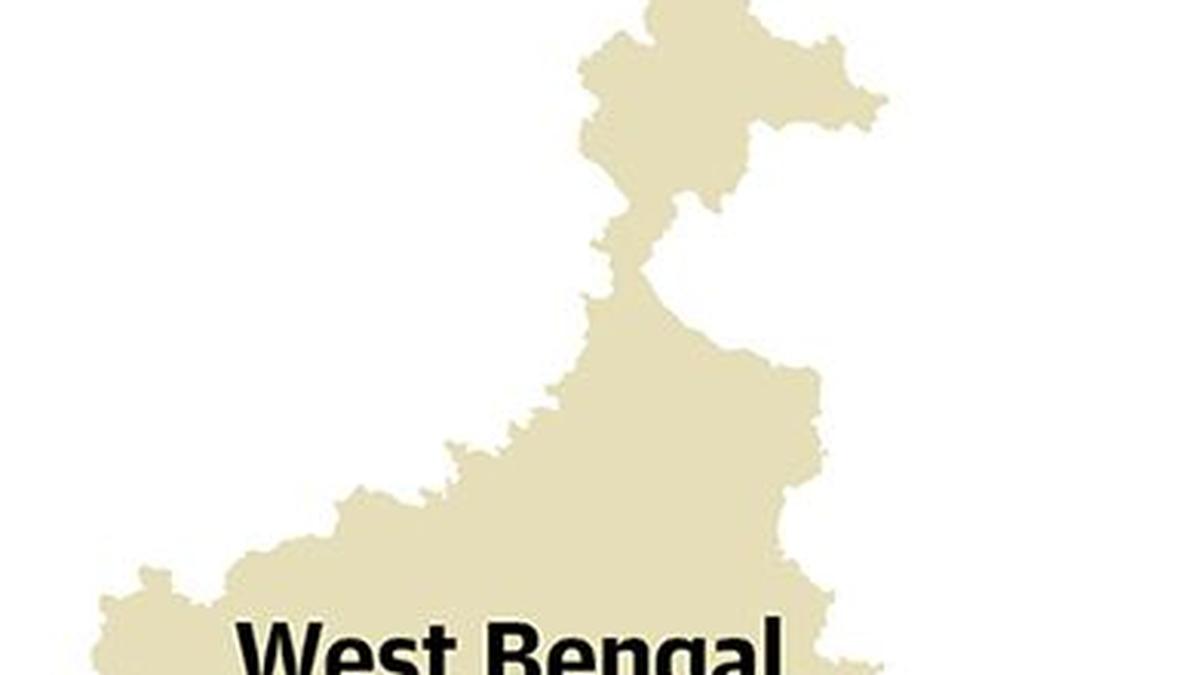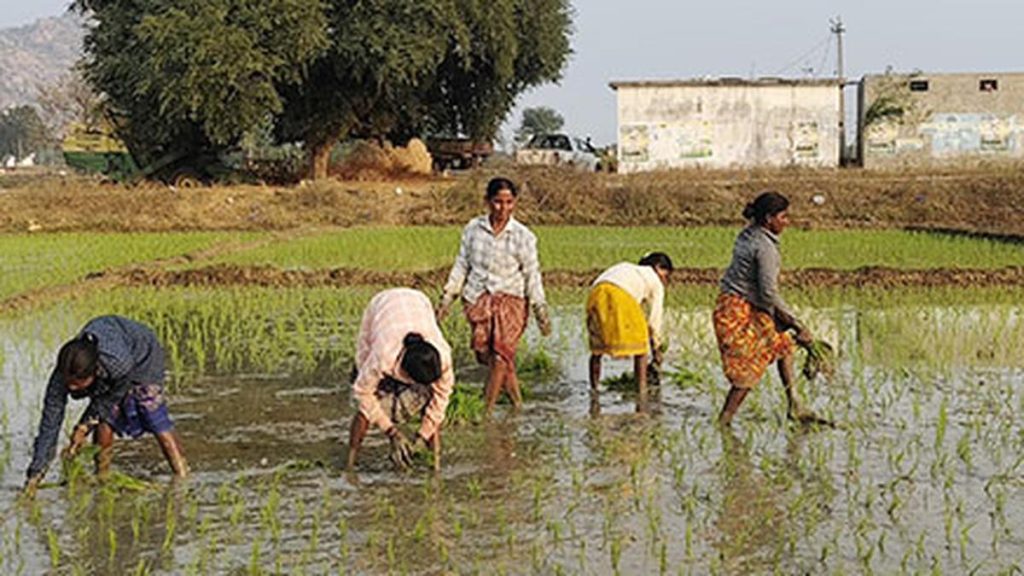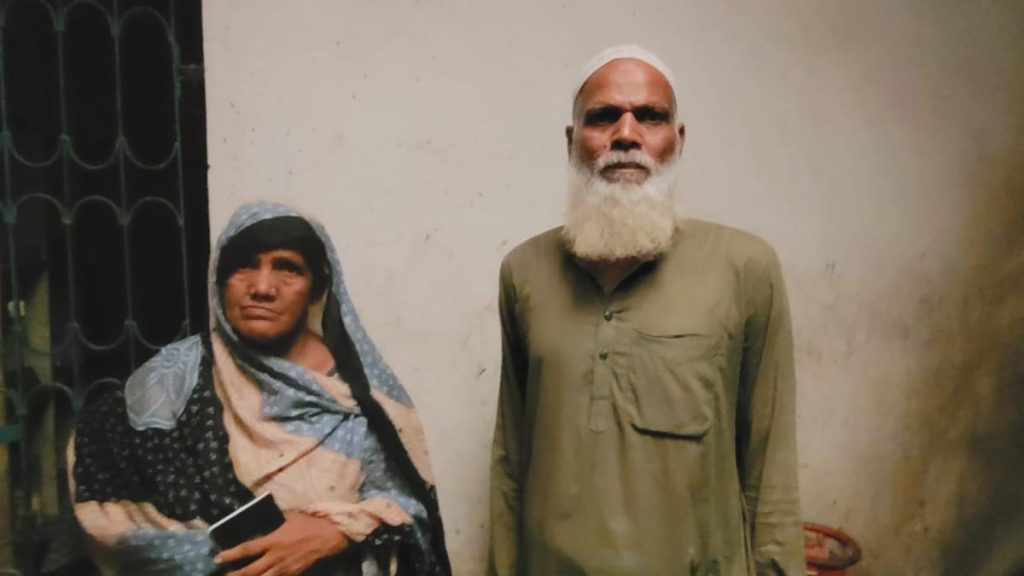Now Reading: Political Shifts Shake West Bengal
-
01
Political Shifts Shake West Bengal
Political Shifts Shake West Bengal

### Rapid Summary
– Migrant workers from West Bengal have been detained across India in large numbers and asked for proof of citizenship, leading to physical, emotional trauma and disruptions in their work cycles.
– The detentions, occurring in States such as Odisha, Chhattisgarh, Maharashtra, Gujarat, Delhi, Haryana, and Rajasthan, have forced some migrants into Bangladesh while others are returning to West bengal.
– Political implications:
– Trinamool Congress (TMC) accuses BJP of targeting Bengali-speaking workers to insult Bengali identity.CM Mamata Banerjee is leveraging the issue for political campaigns ahead of the 2026 assembly elections.
– The BJP argues these efforts aim at identifying illegal Bangladeshi immigrants but maintains the situation will not hurt it’s political prospects.
– Matuas-a pro-BJP community-are also facing detentions despite promises under the Citizenship Amendment Act (CAA), increasing tensions around identity politics.
– Experts note challenges in distinguishing Bangladeshi nationals among Bengali speakers due to shared linguistic and cultural ties between West Bengal and Bangladesh.
– A NITI Aayog report highlights both inward & outward migration from West Bengal based on Census data but doesn’t address harassment issues.
– Economic implications include pressure on West Bengal’s resources if migrant workers return en masse without alternatives.
—
### Indian Opinion Analysis
the recent detention of Bengali-speaking migrants raises critical concerns about governance practices related to migration control versus human rights adherence. While ensuring national security is necessary-including addressing illegal immigration-the arbitrary detainment of poor migrant workers based solely on language undermines due process and creates economic dislocation.
West Bengal’s past ties with Bangladesh add complexity to distinguishing nationality among migrants effectively. Such disruptions push affected populations back into potential socio-economic instability within their home State while highlighting gaps in India’s larger policy framework for managing internal migrations or protecting linguistic minorities.
For TMC politically mobilizing this narrative could resonate deeply among voters concerned about identity and regional pride; conversely reinforcing negative optics surrounding targeted harassment might dilute BJP’s position vis-à-vis inclusive development promises toward communities like Matuas post-CAA enactment dimensions longer-term impact builds nuanced national discourse needed productive outcomes foily alignment strengthening democracy mechanisms border-surveillance fences reasonable accountability focus rather misguided churning cycles cyclical explains laws.
Read more: [Indian Express Article](#)

























